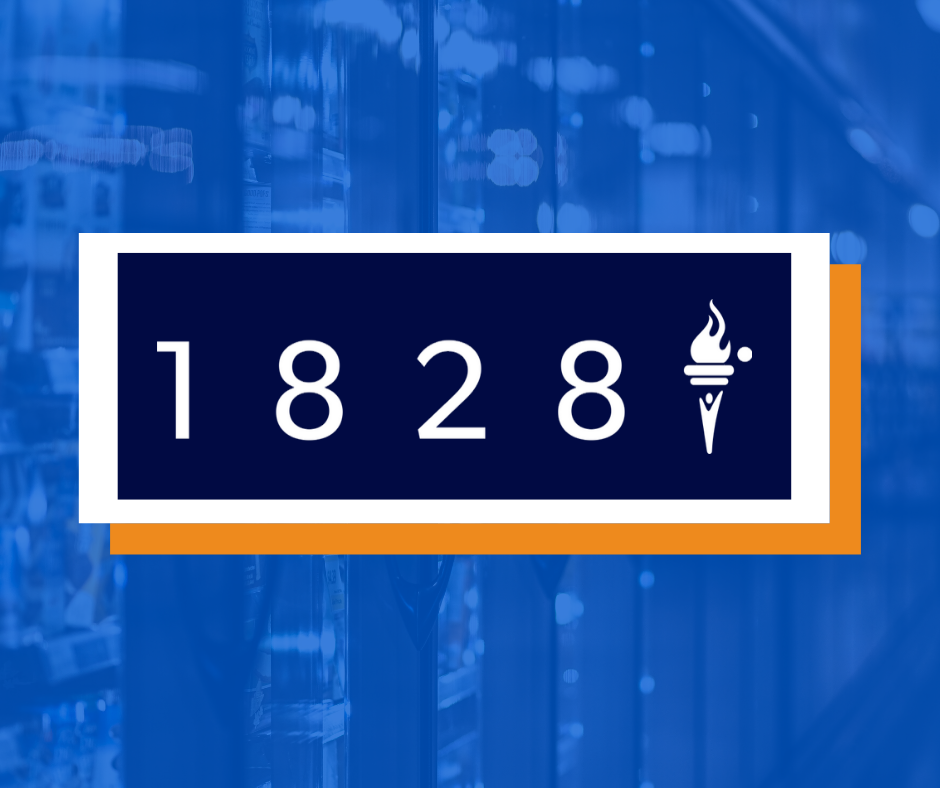The so-called flygskamers, or ‘flight-shamers’, are everywhere. The flight shaming movement initially started in Sweden, then proceeded to spread its wings (ironically, at first) across Europe.
Some environmentalists are spearheading a social movement seeking to phase out humankind’s most innovative mode of transportation. Their strategy involves shaming those who travel by air into submission by overplaying the impact of aeroplanes on the environment.
Here are some verifiable facts to consider when it comes to global aviation:
80 per cent of aviation CO2 emissions are emitted from flights of over 1,500 kilometres, for which there are no alternatives but taking a plane.
Only two per cent of all human-induced carbon dioxide is emitted as a result of global aviation.
Modern planes are 80 per cent more fuel-efficient than those in use in the 1960s.
1.5 million people in Africa rely on fresh produce delivery by air from the UK alone.
Aviation carries 35 per cent of the value of global shipments, but only 0.5 per cent of the volume. This means that shipments are time-sensitive or very valuable.
The flight-shamers insist that buses and trains can replace their current means of transport. Discounting the substantial additional opportunity costs of these alternatives, let’s consider some more recent facts relating to train travel. Whoever is holding up nationalised rail as an alternative to rail transport should know this:
Just recently, employees of SNCF (France’s state-owned railway company) have been on strike again. Only 1-3 high-speed trains were running during that time, and almost no regional trains ran. The strike was unlimited and unpredictable. People didn’t know if they would be able to come home for the holidays.
Since 1947, there hasn’t been a single year without rail strikes.
Three months of strikes in 2018 cost €790 million, which is higher than its 2017 profits.
Their tickets aren’t cheap. Affordable ones are subsidised by taxpayers (and even by you as a visitor with every purchase you make) so real prices are much higher.
SNCF is €50bn in debt and runs a deficit of over half a billion each year.
There were 400,000 cancellations in 2018.
One-third of intercity and international trains are structurally delayed.
SNCF has paid €20 million in delay fees to rail station operators.
All this applies to an operator that is challenged not by competition but only by its own self-entitlement.
For the Berlin to London, which is a route all sane people travel by plane, a train journey would be excruciating, both on the price and the time. The existing tunnel is London to Lille (1h22). Lille to Berlin with current high-speed connections (SNCF and DB) takes between 11 and 14 hours (factor in SNCF strikes and 25 per cent of DB’s ICE trains being delayed and the timings would be even worse).
That means you’ll end up with four connections and about half a day of travel. That’s only if you’re lucky, which as a regular user of all of these services, I can say with confidence you probably won’t be.
But what about the environment? As ever, technology is leading the way to a brighter, greener future, with the aviation industry developing new and better technologies to clean up air travel.
Airbus’s new A321XLR, for example, has 30 per cent less kerosene consumption per passenger than the previous generation of planes, while adding 30 per cent more range than the current A321neo model.
That should be to nobody’s surprise. Neither the aviation sector and individual airlines have any incentive to use more kerosene than they need to.
The temerity that these campaigners must have to suggest to older people, in particular, that they ought to go back to the old days of disgusting, tiring and nerve-wrenching long train travels is quite rich. What’s worse, however, is distorting the reality of both global aviation and its alternatives.
Originally published here.
The Consumer Choice Center is the consumer advocacy group supporting lifestyle freedom, innovation, privacy, science, and consumer choice. The main policy areas we focus on are digital, mobility, lifestyle & consumer goods, and health & science.
The CCC represents consumers in over 100 countries across the globe. We closely monitor regulatory trends in Ottawa, Washington, Brussels, Geneva and other hotspots of regulation and inform and activate consumers to fight for #ConsumerChoice. Learn more at consumerchoicecenter.org



